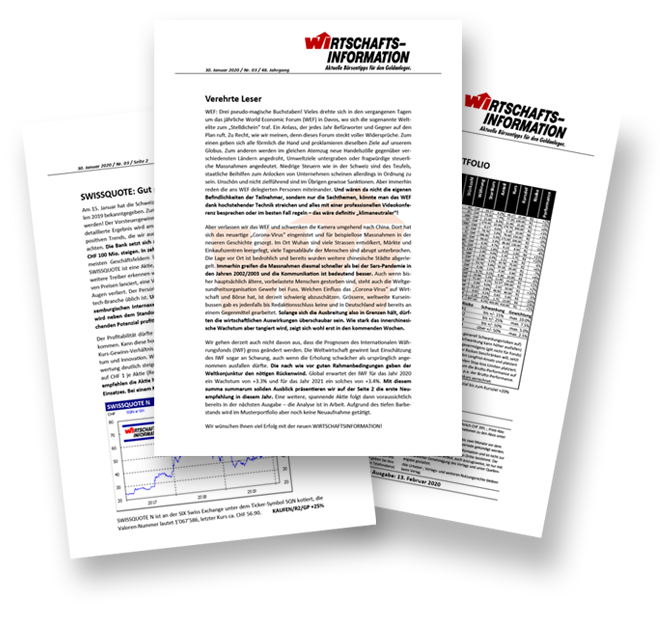You can turn it around however you want... without the conventional energy raw materials with the corresponding plants (power plants) the worldwide energy turnaround cannot and will not be successful for a long time! Alone the goals of the EU in general and those of Germany in particular are utopian; aCO2 emission of net zero until 2050 cannot be reached nearly. Maybe politics should deal a bit more with scientifically based studies and in return reduce the "pseudo technical talk", not to mention the propaganda media. One would quickly realize that while ideologies are laudable, rationality seems to be completely lacking. Of course, the goals to achieve as much renewable energy as possible must be strived for worldwide, but as can be seen in many places, one gets lost in the dead end. The technological possibilities cannot (yet) keep up with the respectable wishes. One example is the lack of electricity storage technology for renewable energies: Wind and sun are too volatile for a low-cost full supply, which is why conventional plants cannot or even never be taken out of operation, at most temporarily shut down if there are no dark periods (too little wind or sun). This parallelism, however, leads to a corresponding increase in fixed costs and the consumer has to pay a higher electricity bill. Furthermore, one must not forget that the twoCO2 scapegoats India and China, for example, have not signed the Paris Agreement and still have a long way to go; China currently emits about 32% of globalCO2 emissions. At least these countries are not turning their backs on nuclear power.
Which brings us to nuclear power, which, it should be noted, was categorized as "environmentally sustainable" by the EU Commission in 2022, along with natural gas. We do not want to comment in detail on this categorization, but we can understand the anger of environmental associations. Who would not like to see a world without contaminated sites or radioactive waste? So, to a certain extent, a battle is always being fought here between the great advantage of theCO2-free balance sheet and the "radiating" waste. Alone in view of the already existing and probably accentuating climate distortions, the latter is definitely the lesser evil. Does the EU's decision nevertheless undermine the credibility of the "green deal"? No, because science is not idle here either, on the contrary: According to the latest findings, radioactive waste may soon be given a new, exorbitantly shorter "expiration date": Researchers are talking about a half-life of around 300 years, compared with the current maximum of 300,000 years. The place of this great hope, which would definitely make the raw material uranium or nuclear power a "green deal", is in the small Belgian town of Mol. The nuclear research center is secured almost like Fort Knox. The goal of the science can be summarized as follows: One builds a particle accelerator, which is coupled with a nuclear reactor. This even links several goals, including medical ones. But the main focus is clearly on the conversion (transmutation) of radioactive waste. Apparently, it has already been possible to convert the problematic plutonium into harmless elements. It is still a question of time for the absorption of larger volumes, but in Mol one speaks of only a few years! Another advantage of transmutation would be that it would generate heat which could be used to generate electricity again. The sustainability of nuclear power would increase significantly, and this transmutation technology would also provide an effective solution to the ever-increasing mountain of spent fuel rods. In any case, the separated neutrons are very fast and extremely capable of splitting even the longest-lived nuclear waste. The matter makes definitely courage and speaks - besides various other valid reasons - clearly for the maintenance of nuclear power plants!
The latter is not up for discussion anyway, except perhaps in Germany for the time being, where they prefer to reactivate coal-fired power plants... no comment! Worldwide, about 440 nuclear power plants are currently in operation, another 55 are under construction, 96 are in planning, a whopping 350 or so are in preliminary planning, and only 25 plants are about to be permanently shut down. Almost all countries have abandoned their phase-out targets, including Belgium and Sweden, for example. So it is obvious that uranium demand is continuously increasing. In the mid-2010s, the aforementioned nuclear power plants required an annual quantity of about 73,000 tons of uranium oxide concentrate. By 2030, the quantity is expected to increase to a noticeably higher 108,000 tons.
Coupled with ongoing mine closures, there are even fears of a supply shortfall in the future; many mines would only be profitable at a uranium price in the range of USD 40 per pound of uranium.
ATOM-ENERGIE: Indispensable in reality!

The Swiss stock market letter WIRTSCHAFTSINFORMATION
- Every 14 days 10-12 pages of stock market tips for shares, precious metals and commodities
- Profit, risk assessment per stock recommendation
- Editorial with market assessment
- Actively managed sample portfolio
- Stock market tips + stock recommendations formulated in an understandable way
- Advertising-free, independent and objective To thereading sample